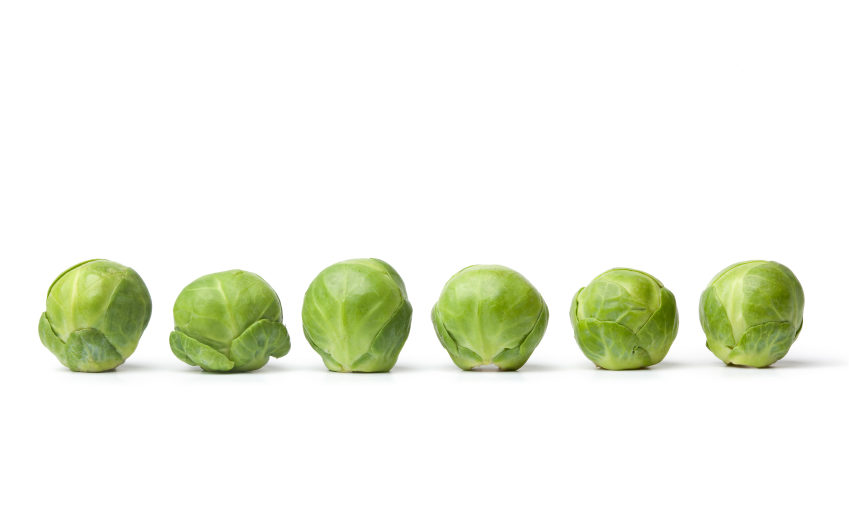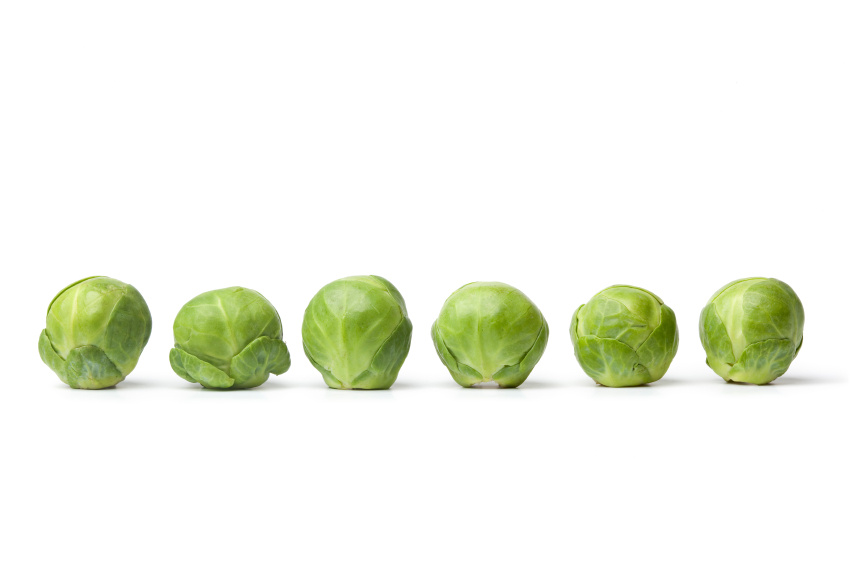words by Kathleen Fleming
Christmas doesn’t have to be a period of gorging and over-indulgence. There are plenty of “Christmassy” foods which will help you to maintain good health over the festive season. In fact, it is easier than you think to fill your plate with super food goodness and move into the new year feeling amazing. Below are some of the traditional festive foods which will turn a Christmas feast into wonderful nourishment for your body.
Brussels Sprouts
You either love them or hate them but there is no denying that brussel sprouts are green balls of goodness. Studies have found that brussel sprouts have such powerful anti-cancer properties that even eating them occasionally could help with cancer prevention. They are also an excellent source of folic acid, essential for pregnant women, and vitamin C. A delicious way to serve brussel sprouts is with flaked almonds and the addition of the almond protein and good fats gives the dish real super food status.
Cinnamon
The smell of cinnamon has a Christmas quality. But even better than the smell are its potent health benefits. A teaspoon of cinnamon has more anti-oxidants than half a cup of blueberries. These anti-oxidants fight the free radicals which can damage the cells in your body causing illness, aging and lethargy. As well as anti-oxidants, cinnamon has powerful anti-inflammatory and anti-bacterial properties meaning it is a great remedy for colds and other infections, particularly when combined with Manuka honey.
Adding cinnamon to Christmas baking and cooking adds a little sweetness making it a great sugar replacement. It is delicious in healthy cookies and granolas as well as being a tasty topping for smoothies.
Butternut Squash
Butternut squash is a delicious winter food which makes a perfect accompaniment to any Christmas dinner. Its orange colour indicates that it contains carotenoids which are beneficial for cardiovascular health. These yummy squashes also contain plenty of anti-oxidants which means they fight those disease causing free-radicals and are anti-aging! Furthermore, the list of their nutrients includes zinc, magnesium and fibre.
As with most squashes, it is incredibly versatile and can be roasted, steamed, mashed, stuffed or put into salads. Roasted butternut squash is a great healthy alternative to the traditional, heavy and fatty roast potatoes.
Chestnuts
Unlike most nuts, chestnuts are low in fat and have a high starch content. They are also a good source of dietary fibre as well as being the only nut to contain vitamin C! In addition, chestnuts are low in sodium and high in potassium which means they assist the body in maintaining healthy heart function.
Chestnuts are not only nutritious, but are also incredibly versatile. You can eat them raw, boiled or roasted or use them cooking and baking. They are great for vegetarian Christmas dinner options as due to their starch content you can use them to make chestnut stuffing or a nut roast.
Cranberries
It is a well-known health myth that cranberry juice can help to prevent urinary tract infections. But studies have shown that the cranberry itself is a far more powerful prevention against such infections. Cranberries contain a type of antioxidant that can prevent the adhesion of bacteria to the urinary tract which prevents infection. In addition the little cranberry contains plenty of vitamin C to boost your immune system, manganese for hormones and healthy bones and fibre for your digestive system. Cranberries are traditionally used to make a sauce at Christmas but you can add them (in fresh or dried form) to your nut roast, vegetable dishes, salads or healthy desserts.














